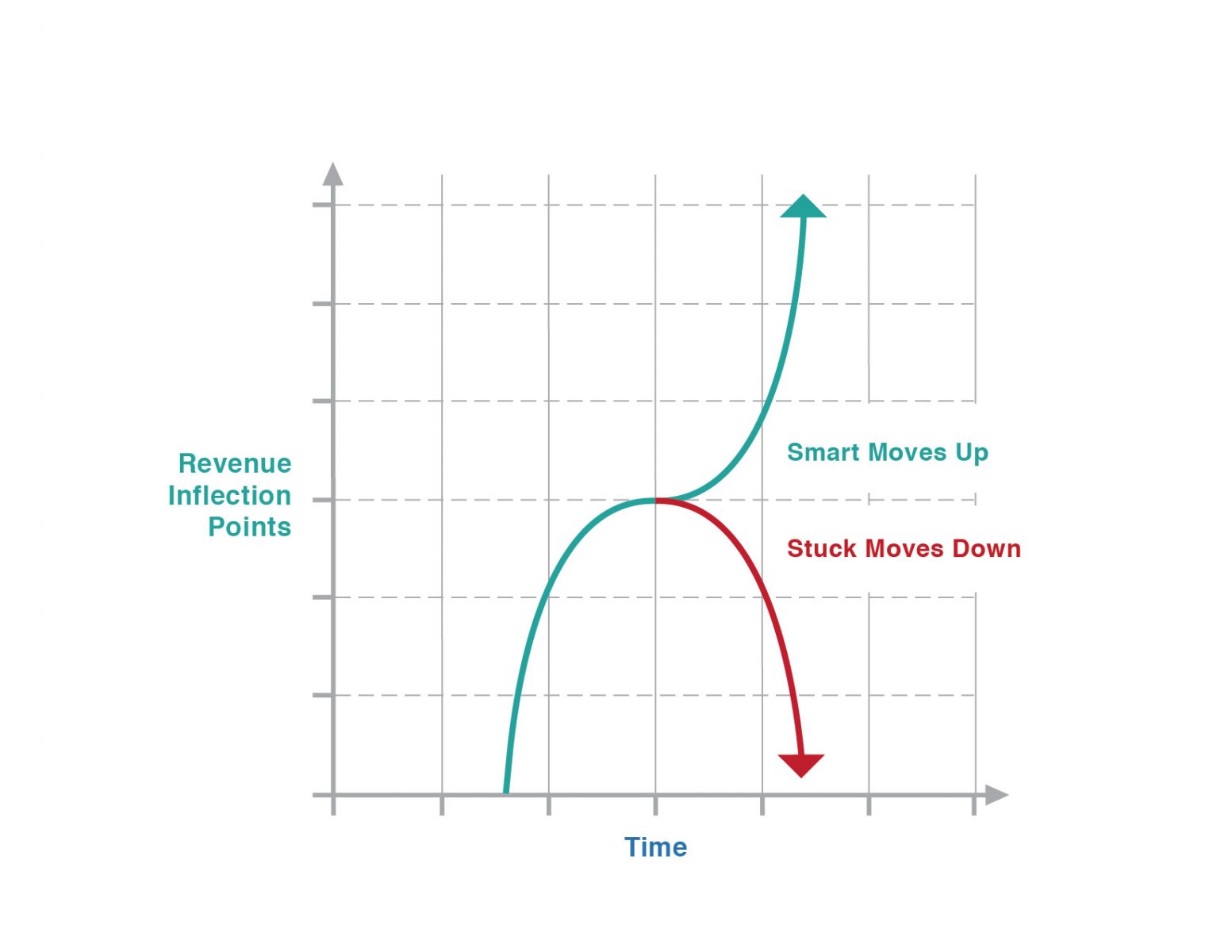
How Engaged Teams Boost Sales
April 29, 2014Fix or Fire? Who To Cultivate, Turn Around, Let Go Of At Work
May 20, 2014Is your team trustworthy? Are you sure?
And let’s look in the mirror for a moment–do they trust you?
One key aspect of trust is accountability. If you can’t count on someone to follow through, little else matters.
Accountability is deeply tied to promises and trust. And safety, belonging, and mattering is quickly damaged when accountability is dropped. As leaders, it’s key when administering consequences to determine if accountability is being dropped because the person is in their Critter State and is stuck, if one of the three Cs isn’t in place, or if she is just intentionally uncooperative.
The Three Cs That Define Trust
In my experience, trust is broken in three ways:
Capability: Is the person truly capable of doing what was promised? Capability breaches of trust are the easiest to fix. We either help her get the skill(s) she needs or move her to a new role.
Commitment: Is she committed to following through on what was promised? Commitment breaches are more tricky—when a person repeatedly drops commitments we must find out what the underlying cause is. Use an Outcome Frame to achieve this. Ask her, “What would you like here? What will having that do for you? When will you know when you have it?” Once this is clear, we can help her shift to keeping commitments. Read more on Outcome Frames here.
Character: If a person keeps making promises and breaking them, who is she, really? She doesn’t seem to have a consistent character we can count on. Character breaches are the hardest, since we now doubt who the person really is. Was it all a front? Who’s behind the mask? Breaches of this type can take years of demonstrating consistency to win back trust.
Triggered Egos = Fight, Flight & Freeze
Now let’s talk about how the ego is triggered and how we unintentionally send someone into their Critter State. This happens when we question someone’s
Competence (sounds like safety, yes?): If you openly question someone’s ability, you are poking at the ego’s cage, so don’t be surprised to hear a roar. Better to discover their level of competence and help them increase it.
Significance (sounds like mattering, doesn’t it?): If you talk down to a person and see them as beneath you, be ready for the ego to attack—which could be in a passive-aggressive sabotaging manner.
Lovability (this triggers safety, belonging, and mattering issues): Leaders often suggest lovability isn’t questioned in business scenarios. Not so! There are always team members who are perceived as “above the law” or in the “in crowd” or “the boss’s favorite”— that is, more lovable. Those on the outside can damage your culture through dissent. Better to love all.
Lovability Is Essential
On the flip side, as we reinforce and celebrate someone’s competence, appreciate their contributions and significance, and foster a culture of equality and transparency (thus lovability), we’ll help our team stay in their Smart State.
Now that you know how trust is broken and egos are triggered, we can work on rebuilding and confirming trust and keeping ego reactions in check.
How much trust is in your team? Which of the three Cs does your team struggle with most?
Christine Comaford (@comaford) is a former serial entrepreneur, White House advisor and neuroscience-based executive coach that helps leaders build cultures of trust and high performance.





